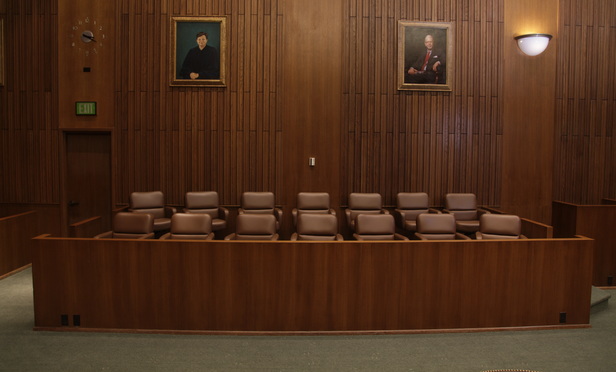Corporate counsel know that mock trials are useful tools in litigation. Nonetheless, they cost money. So the trick is to figure out when it’s worth doing one, when it isn’t and how to save money when you do.
When Does It Makes Sense?
Besides cases involving substantial monetary damages, other cases that warrant mock trials include:
• Cases that have the potential to create important precedents or “copy-cat” litigation (e.g., an adverse decision will vitiate a key provision in contracts regularly used by the company or encourage additional/other litigation).
• Cases that involve critical intellectual property (e.g., claims to validate/invalidate a key patent or trademark, or to enjoin the use of an essential trade secret).
• Cases that feature business-threatening claims (e.g., claims inviting negative publicity, risking loss of substantial revenues, seeking to enjoin crucial corporate decisions/activities, or threatening receivership or plummeting stock value).
• Cases that threaten punitive damages or findings of fraud or criminal conduct (especially cases involving director/officer liability, which risk the personal reputations and livelihoods of executives).
This content has been archived. It is available through our partners, LexisNexis® and Bloomberg Law.
To view this content, please continue to their sites.
Not a Lexis Subscriber?
Subscribe Now
Not a Bloomberg Law Subscriber?
Subscribe Now
LexisNexis® and Bloomberg Law are third party online distributors of the broad collection of current and archived versions of ALM's legal news publications. LexisNexis® and Bloomberg Law customers are able to access and use ALM's content, including content from the National Law Journal, The American Lawyer, Legaltech News, The New York Law Journal, and Corporate Counsel, as well as other sources of legal information.
For questions call 1-877-256-2472 or contact us at [email protected]






